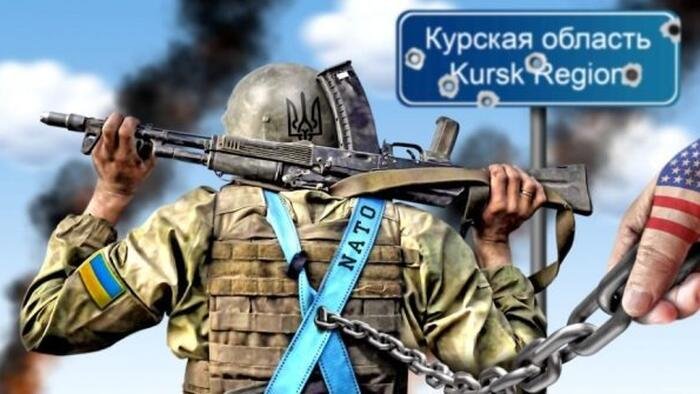Written by Alastair Crooke,
The use of war propaganda and deception is nothing new, but what sets modern infowar apart is that it is now the primary objective in itself, rather than a tool to achieve broader military goals.
The West now prioritizes controlling the narrative over acknowledging ground realities. The perception of ‘winning’ the narrative is valued more than the actual truth on the ground. This emphasis on crafting a desired ‘reality’ has led to a shift towards ideological alignment through media compliance, rather than focusing on tangible military capabilities.
This approach of enforcing ideological alignment can trap nations in false narratives, making it difficult to adapt to changing circumstances.
While the virtual narrative may seem like a victory, it poses the risk of escalating into actual conflict. For instance, the recent incursion orchestrated by NATO in Kursk Oblast aimed to portray Ukraine as taking the fight to Russia, but ultimately failed to achieve its objectives.
In the case of the Kursk incursion, the Western narrative sought to portray Russia as weak and vulnerable, hoping to destabilize Putin’s leadership. However, this gamble backfired, highlighting the flaws in relying solely on emotive and simplistic narratives to drive global alignment.
The incident in Kursk underscores the West’s tendency towards exceptionalism and a belief in its historical mission for global redemption, often overlooking the complexities of real-world situations.
The events in Kursk have further strained relations between Russia and the West, eroding trust and pushing both sides closer to a potential conflict. The narrative of confronting ‘extremism’ as a successor to the Cold War dynamics could potentially lead to new geopolitical tensions.
Ultimately, the Kursk incursion has soured prospects for a peaceful resolution in Ukraine and solidified Russian resolve against Western aggression.
Loading…

